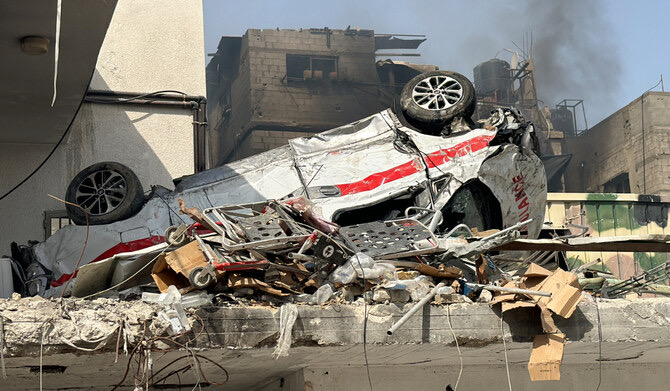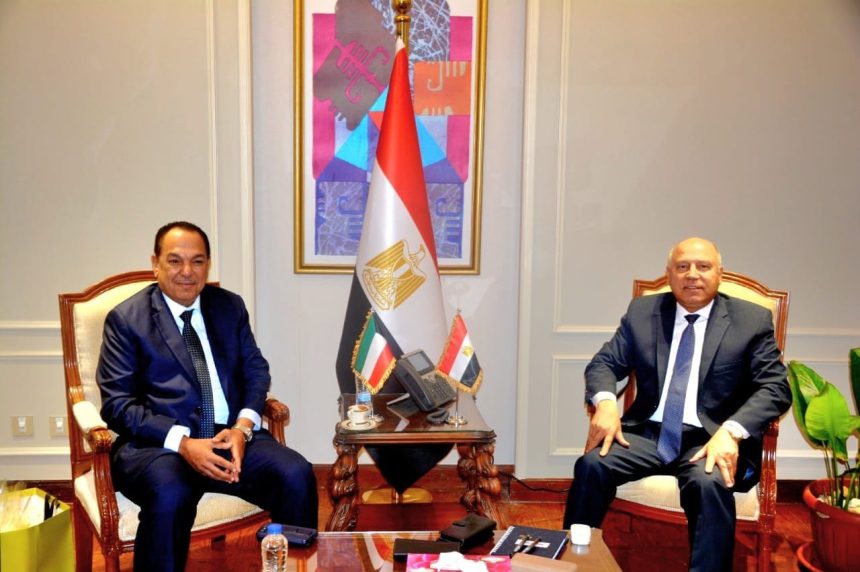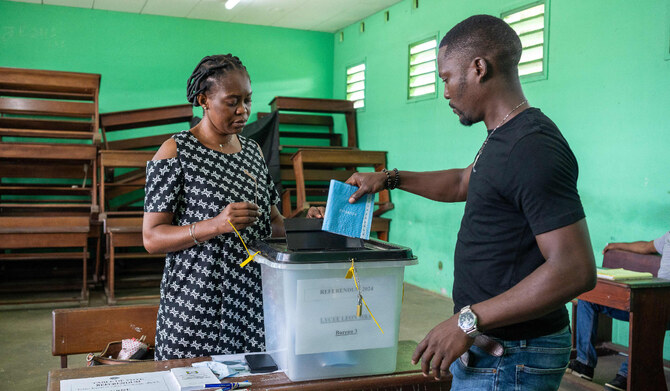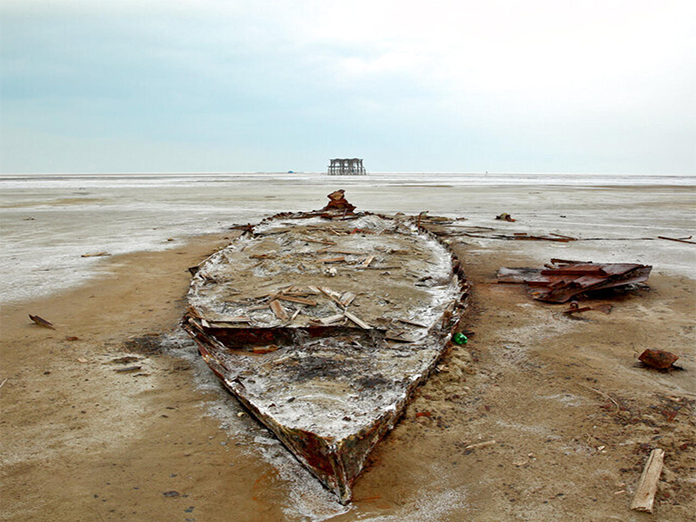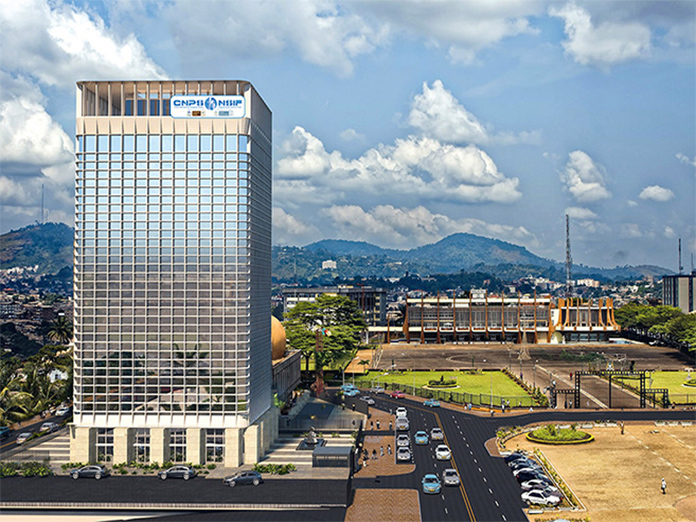Sudan’s paramilitary Rapid Support Forces (RSF) and allied groups have signed a charter to establish a « government of peace and unity, » a move that signals deepening divisions in the war-torn nation. The agreement, signed in Kenya, has drawn international concern and condemnation from Sudan’s army-backed government, as the country grapples with nearly two years of devastating conflict.
Sudan’s paramilitary Rapid Support Forces (RSF) and allied political and armed groups have signed a charter to establish a « government of peace and unity, » according to signatories al-Hadi Idris and Ibrahim al-Mirghani. The agreement, signed late Saturday, signals further fragmentation in a country already devastated by nearly two years of civil war.
Among the signatories is Abdelaziz al-Hilu, a powerful rebel leader controlling large territories in South Kordofan. Al-Hilu has long insisted on a secular Sudan, a stance that has fueled tensions with the ruling authorities. The newly proposed government is unlikely to gain international recognition, with the United Nations already expressing concern.
The RSF, which has taken control of most of Darfur and parts of Kordofan, is facing resistance from the Sudanese army in central regions. The army, operating from Port Sudan, has condemned the formation of a parallel government. However, Idris stated that the official announcement would be made from within Sudan in the coming days.
The charter outlines Sudan as a « secular, democratic, and non-centralized state » with a unified national army, though it allows armed groups to maintain their presence. It argues that the initiative is aimed at unifying the country and ending the war—tasks it claims the army-backed government has failed to achieve.
RSF leader General Mohamed Hamdan Dagalo, sanctioned by the U.S. earlier this year over alleged human rights abuses, previously shared power with the army and civilians before a 2021 coup derailed Sudan’s democratic transition. The ensuing conflict has plunged the country into a dire humanitarian crisis, with half the population facing hunger and famine conditions in multiple areas.
The charter was signed behind closed doors in Kenya, following a high-profile launch in Nairobi earlier in the week. Kenya’s involvement has sparked condemnation from Sudan and domestic criticism of President William Ruto for entangling the country in Sudan’s political turmoil.


